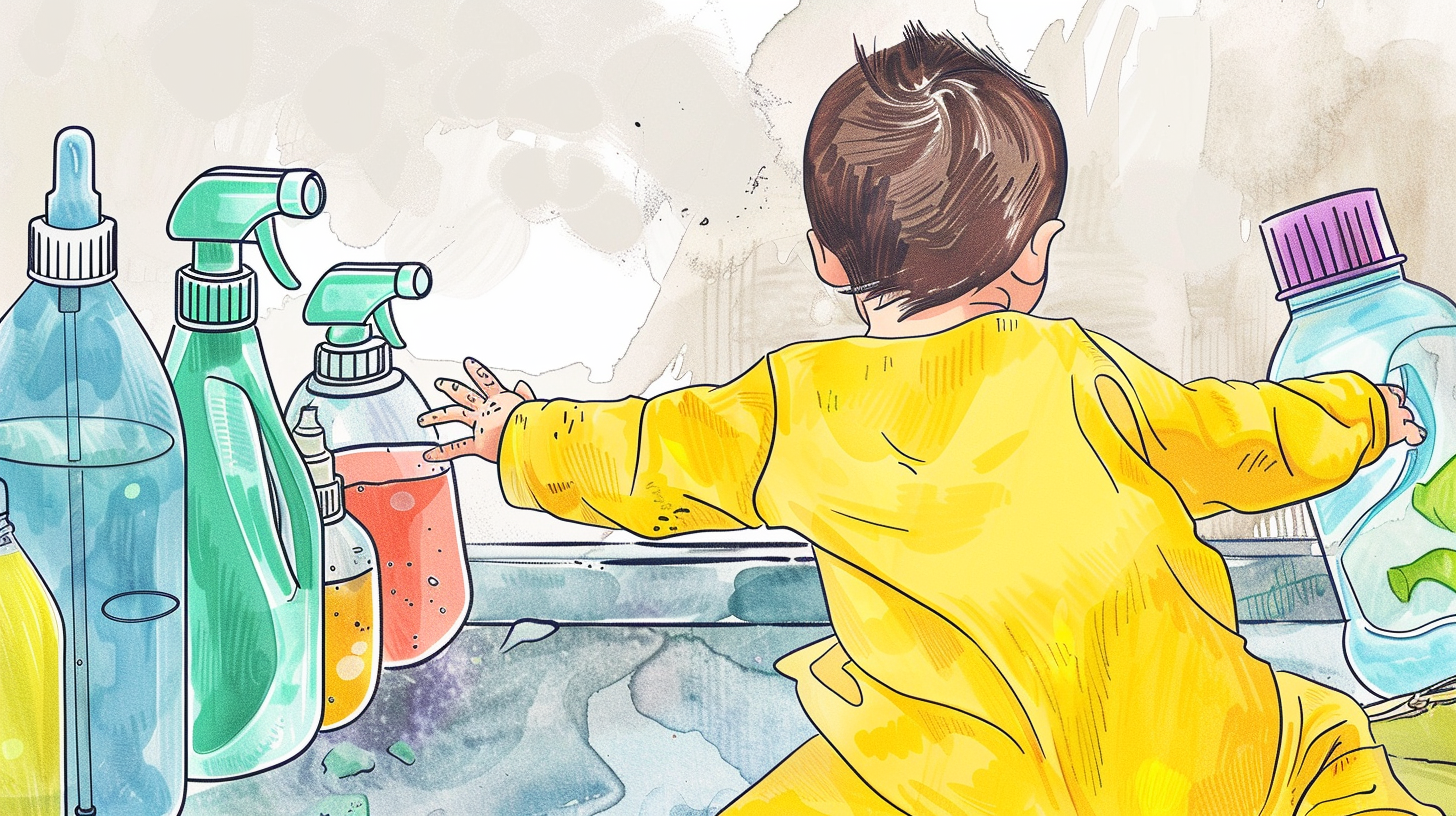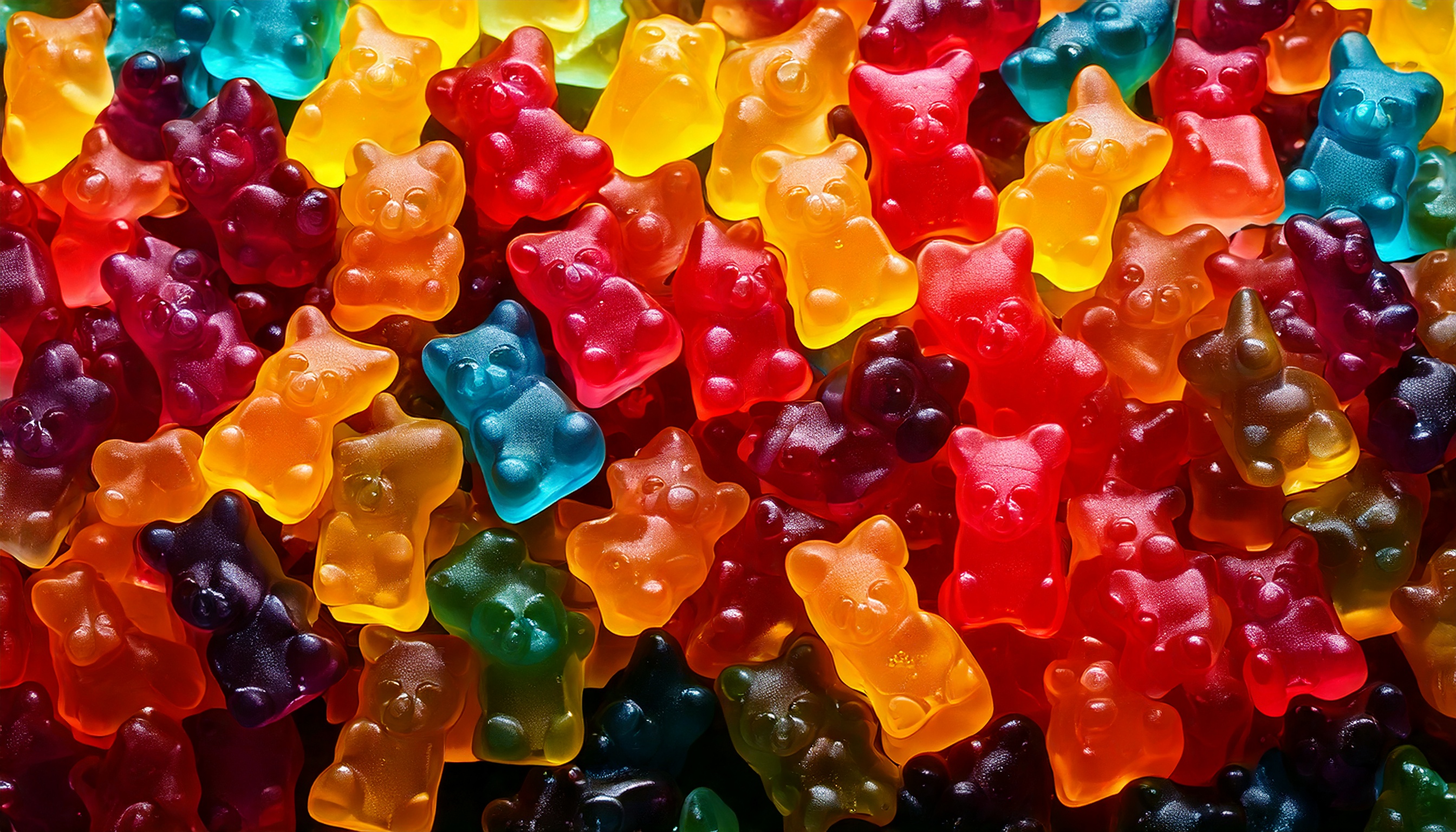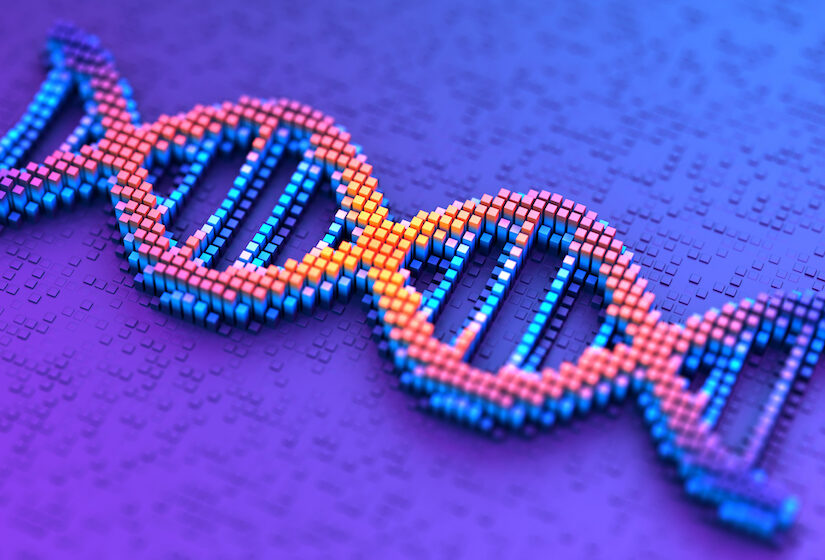Disinfectants, detergents, and other cleaning products could be damaging your child’s microbiome, making them more likely to be overweight.
Infancy is vital for the development of our microbiome, dramatically shaping the microbial communities during our first year of life. By age 3, we have established our microbial signature, one that remains relatively stable throughout our lives.
Nevertheless, our lifestyle and environment continue to impact our microbes.
Now, a new Canadian study shows that our household cleaners could actually be causing our kids to become overweight.
Cleaning Products Disrupt Your Child’s Microbiome
In the study, researchers looked at the gut flora of 757 infants at age 3-4 months, as well as their weight at ages 1 and 3 years. They also noted the children’s exposure to disinfectants, detergents, and eco-friendly products used in the home.
Children growing up in families where household cleaning agents were used frequently had higher levels of Lachnospiraceae – a microbial pattern also commonly found in children with eczema or diabetes.
After controlling for several factors that may affect the gut flora, the authors found that the composition of the gut microbiome at 3-4 months depended heavily on the type of cleaners used.
Children growing up in families where household cleaning agents were used frequently (every day or at least weekly) had lower levels of the bacteria Haemophilus and Clostridium, but higher levels of Lachnospiraceae – a microbial pattern also commonly found in children with eczema2 or diabetes3.
What About Eco-friendly Cleaning Products?
Well, the researchers found that exposure to more eco-friendly products led to a reduction in Enterobacteriaceae – a bacterial class that includes several pathogenic bacteria like Escherichia coli.
When all the kids turned 3, the researchers re-visited them to find out what happened. Turns out, the increased Lachnospiraceae that arose from frequent disinfectant use was actually leading to them being overweight.
On the other hand, for the kids in eco-friendly households, obesity was not an outcome.
The researchers couldn’t link this to the reduced Enterobacteriaceae counts; instead, they speculate it’s the result of an otherwise healthy family lifestyle.
Overuse of Disinfectants is Clearly a No-Go
The researchers are now trying to elucidate the mechanisms behind the use of household disinfectants, altered gut compositions, and resulting overweight risks. These findings have illustrated the importance of minimising the use of chemical cleaning products. Instead, try opting for natural alternatives – think apple cider vinegar, bicarbonate soda, and other homemade recipes. It’s clear: we must pay attention to the familial environment we create, the health of our offspring depends on it.
Bottom line: these findings supplement previous research, suggesting that our environment and lifestyle affect our microbiome and weight. Eliminating contact with toxic environments can be a powerful way to protect our families, and ourselves.



